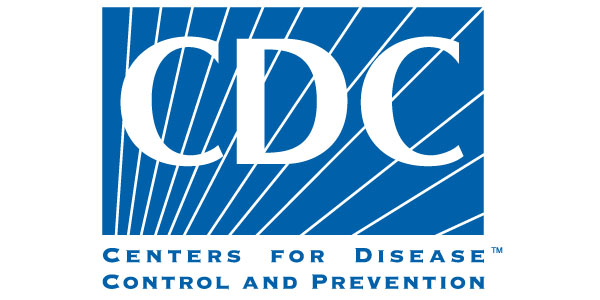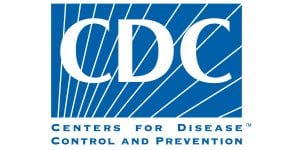The immunization is a precautionary measure due to a nation-wide outbreak
WESTFIELD – A resident of the Samaritan Inn, who described himself as elderly, disabled and homeless, contacted The Westfield News last Thursday, concerned about an announcement made to residents that morning.
He said Department of Public Health nurses came to the shelter and immunized staff and residents with the hepatitis A vaccine. The resident believed the shots were mandatory, due to an outbreak of hepatitis A.
Samaritan Inn Director Peter Gillis said that there has been no incidence of hepatitis A in Westfield. He said the immunizations were given as a preventive measure.
“Many people that are homeless have substance abuse issues, and are more prone to (hepatitis) A, B, C because of their drug use,” Gillis said, adding that according to DPH nurses, the vaccine is 95% effective.
Gillis also said the immunizations were voluntary. “I was offered one and declined; didn’t feel like I needed it,” he said.
Westfield Public Health nurse Cassandra Laverty confirmed that there is no hepatitis A outbreak in Westfield, which state law requires must be reported; but there is an outbreak statewide. She said the Department of Public Health is targeting homeless populations, and is starting to ask emergency rooms and other providers to implement preventive programs.
Laverty also said immunizations are voluntary, not mandatory.
Laverty pointed to information on the state DPH website. A posted public health alert entitled “Current Hepatitis A Outbreak,” reads:
“The Massachusetts Department of Public Health and local boards of health are tracking an outbreak of acute hepatitis A virus (HAV) infection in the Commonwealth. These cases are all individuals who have recent experience of homelessness, unstable housing, and/or substance use disorder. Public health interventions include increased healthcare awareness efforts, public notification and education, and support of vaccination clinics for high-risk populations.”
DPH information also states that the hepatitis A vaccine is the best way to prevent HAV infection: “One dose of single-antigen hepatitis A vaccine has been shown to control outbreaks of hepatitis A and provides up to 95% seroprotection in healthy individuals for up to 11 years.”
From April 1, 2018 through July 19, 2019, there have been 484 cases of hepatitis A reported in Massachusetts, 387 (80%) which involved hospitalization, according to the Centers for Disease Control website, which also lists the numbers and dates of the outbreak in other states.
The CDC also posted an October, 2018 recommendation from the Advisory Committee on Immunization Practices (ACIP) that all persons aged 1 year and older experiencing homelessness be routinely immunized against the hepatitis A virus (HAV).
“HAV infections are acquired primarily by the fecal-oral route by either person-to-person transmission or via ingestion of contaminated food or water. Among persons experiencing homelessness, effective implementation of alternative strategies to prevent exposure to HAV, such as strict hand hygiene, is difficult because of living conditions among persons in this population.
“Integrating routine HepA vaccination into health care services for persons experiencing homelessness can reduce the size of the at-risk population over time and thereby reduce the risk for large-scale outbreaks.”
“We don’t discuss individual cases but we can let you know we are addressing a statewide and national outbreak of hepatitis A among people experiencing homelessness and/or substance use disorder and have worked with multiple communities to expand immunization efforts,” said Omar Cabrera, communications officer with the State Department of Public Health.
“We have reached out broadly to many groups including local boards of health, providers, and homeless organizations to recommend vaccination against Hep A for all individuals experiencing homelessness (including unstable housing) or using drugs,” Cabrera said, after being asked whether all homeless shelter residents and staff are receiving vaccines.
“We always see sporadic cases of Hep A that affect the general public, but we do not believe this outbreak causes a high risk beyond the targeted populations,” Cabrera added, in response to a question about whether there is any health risk to the general population.
“The Board of Health gets notified if any resident has any communicable disease,” said Westfield Board of Health Director Joseph Rouse. Rouse said that mandated statewide reporting determines the origin electronically, and notifies the local Board of Health, although Rouse said they don’t have direct communication with the state.
Amy Porter can be reached at [email protected].









